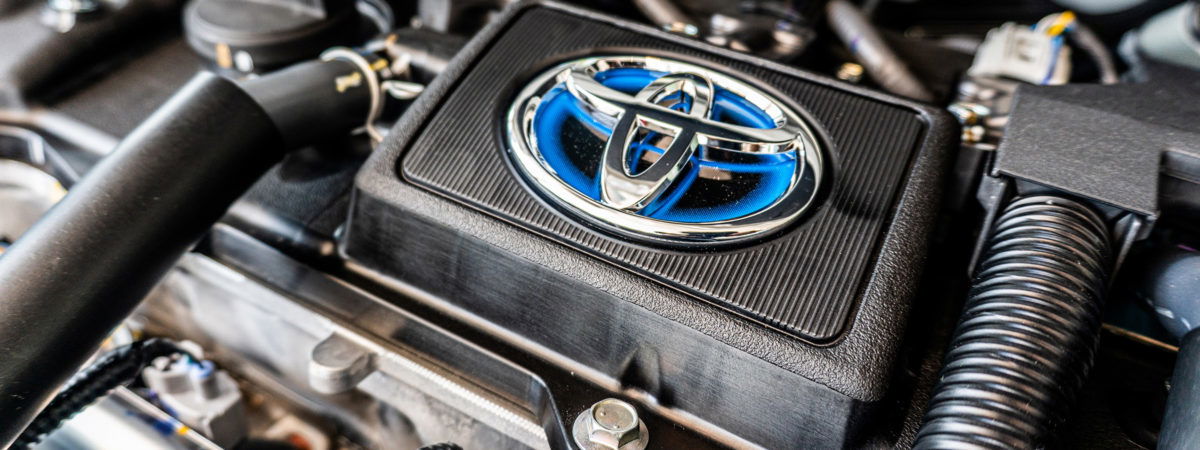Can Toyota Fix Its Problems?
April 24th, 2024

By Dean I Weitzman, Esq.
SHARE:
The deluge of safety-related problems Toyota is experiencing has already washed away much of its reputation as a reliable maker of quality vehicles. Industry observers wonder now if the company can restore its badly tarnished image by fixing its defective vehicles and addressing the toll those flaws have taken on its customers.
In February, Congress held hearings in which members lashed out at Japanese automaker executives who issued apologies for Toyota’s myriad recalls, including defective floor mats, accelerators, brakes and hoses.
“Systematic disregard for the law”
Perhaps worst of all is evidence found by a U.S. congressional panel that Toyota allegedly routinely engaged in misconduct in defending itself in personal injury lawsuits resulting from its defective products.
Rep. Edolphus Towns, chairman of the House Committee on Oversight and Government Reform issued a sharply worded letter to Toyota’s North American chief in which he stated that the discovered documents “indicate a systematic disregard for the law and routine violation of court discovery orders in litigation.”
Towns also wrote that the documents indicate Toyota might have withheld critical information about safety issues from U.S. safety regulators.
The panel has uncovered a secret cache of incriminating safety and testing data kept by Toyota engineers.
Early warnings ignored
Toyota has been reeling from a series of revelations, as have federal watchdog agencies charged with overseeing the safety standards. State Farm Insurance claimed in February that in 2007 it had reported a surge in complaints about unexpected acceleration in Toyota vehicles to the National Highway Traffic Safety Administration.
NHTSA has been receiving complaints from Toyota customers about the sudden acceleration problem since 2003. By the end of 2004, Toyota vehicles accounted for approximately 20 percent of all complaints to the NHTSA about unintended acceleration — up from 4 percent in 2000.
In September of 2007, the company issued a relatively small recall of 55,000 cars, allegedly to address problems with floor mats in two models. In early 2010, Toyota turned over internal company documents revealing that the company claimed this equipment recall resulted in a savings of $100 million, as the company was able to prevent a more widespread, costly recall.
A rush of problems
Late last year, Toyota’s problems began to escalate, beginning with the recall of 3.8 million U.S. vehicles to allegedly address problems with floor mats that were causing accelerators to stick. In January, the recall was expanded to 5 million vehicles, though by this time many suspected that the floor mat was not the real source of the unintended acceleration.
Another two million vehicles were recalled in January because of defective pedals; in February an additional 500,000 vehicles were recalled for brake problems.
Lawmakers have responded with a series of calls for increased scrutiny of automakers, including mandatory installation of black boxes that would record safety data much like the recorders carried in airliners.
A new brake override requirement has also been proposed, mandating installation of software that would make an engine’s throttle go to idle when the brakes are deployed. Toyota has announced that it will install such a system on particular vehicle models, in the hopes of providing an extra measure of confidence for Toyota customers. Unfortunately, this sort of braking override system will not be available until next year, leaving many potentially dangerous vehicles on the road.
Members of Congress have also called for beefing up the NHTSA engineering staff; only two the agency’s 125 engineers are software specialists.
Addressing the problems personally
If you or a member of your family has been injured by a defective Toyota vehicle, contact a personal injury lawyer. A Philadelphia personal injury attorney can assess your case and help you to use the law to protect yourself and your loved ones.
 Skip to content
Skip to content